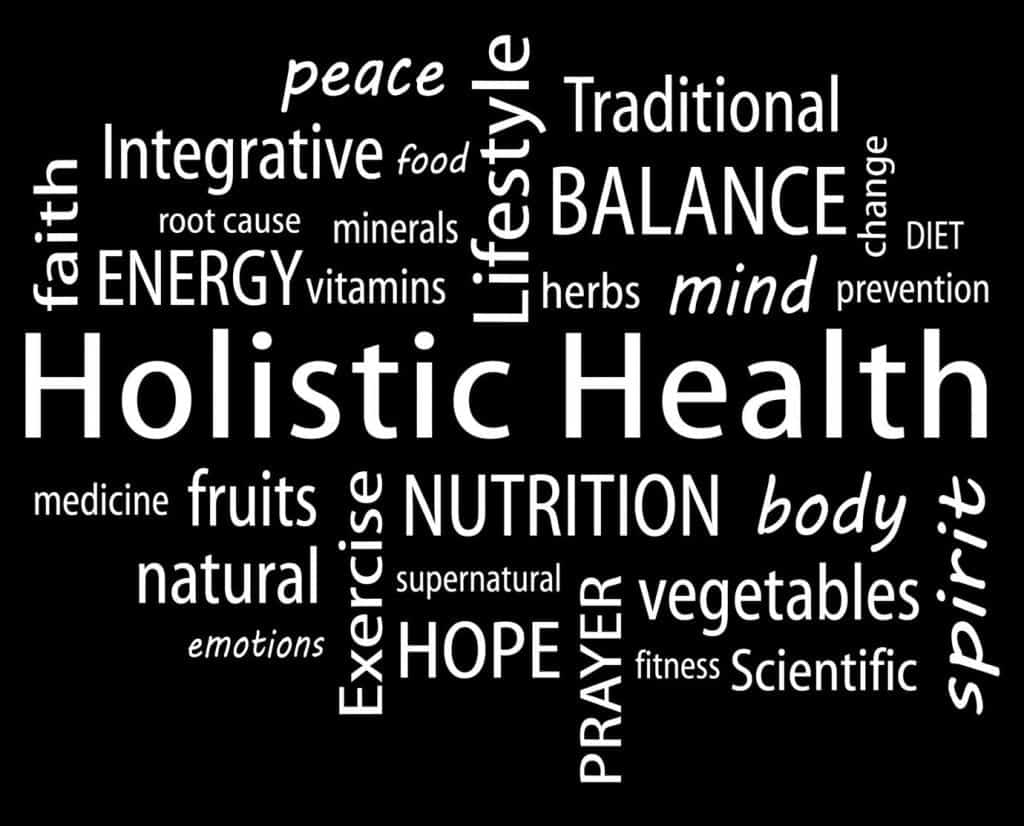Get On Top Of Your Blood Tests!
The best time to plant a tree was 20 years ago. The second best time is now. So if you've been meaning to take control of your health the first step is to find out where you are now. Then we can create a plan to get you from where you are to where you want to be. And what better way to do that, than to get things on the right track with an annual health check-up.
Why is it important?
As we get older, it becomes important to have annual health check-ups. Because let’s face it, unfortunately, our bodies tend to slow down and things begin to get out of whack. So, in order to keep that spring in your step, and live life to the fullest, you need to stay on top of things. My motto is ‘better to prevent than to cure’, as prevention is easier and cure takes more time and effort.
Annual health checks allow you to catch things in the early stages, giving you time to ‘correct’ that which has gone a little off balance. Some issues we may encounter are - pre-diabetes, high cholesterol, fatty liver, etc. These are accumulative and don’t happen overnight - referred to as lifestyle diseases. The younger versions of ourselves often felt that we were invincible and would live forever. Although while young, your body coped and bounced back well, these actions set things in motion. Health issues you perhaps begin to see once you start to get into your 40’s.
This is what makes having annual health checks around this age, and every year afterwards important. Because with a little effort and lots of self-love, you have the opportunity to reset and boost your health. Men and women have a couple of specific tests that can be done, for obviously physiological and biological reasons. The rest is the same for both sexes. Some can be age-specific, unless there is a family history, for example, bowel/breast cancer, diabetes.
- Men – prostate check
- Women – pap smear and breast check
Blood tests
Having an annual health check-up involves having a physical examination, such as blood pressure, eye test, dental check-up, pap smear, bone density and prostate check.
To get a better picture of what’s going on inside, you will need to get some blood tests done.
- Full blood count – (FBC) looking at your platelets, haemoglobin, red and white blood cell count. It looks at the size of your red blood cells, and the levels of the five different white blood cells; which can indicate infection, inflammation and other blood disorders.
- Electrolytes, Urea, Creatinine (biochemistry) – (EUC) looks at the levels of potassium, chloride, sodium, bicarbonate; measuring your blood pH and kidney function. As you get older this becomes important, especially if you aren’t eating properly and/or enough fruits and vegetables – from which you get the important nutrients for optimum health and function. Urea and Creatinine levels are also an indicator for how your kidneys are functioning.
- B12 and Folate – are what you need to be able to produce healthy red cells, repairing tissue and cells, making DNA. B12 is also important for brain function, especially when pregnant, and nerve function. If deficient in either of these, you can experience signs of anaemia similar to being low in iron – fatigue, brain fog, shortness of breath. You get folate from dark leafy green vegetables and B12 in animal products.
- Iron studies – looks at the levels of iron in your blood, iron stored in your body, the protein that transports iron and how much of these proteins are full of iron. Low iron levels can result in anaemia, with the main sign and symptoms shortness of breath, fatigue, brain fog, poor concentration.
- Vitamin D – this measures your levels of 25-hydroxy Vitamin D, which is the ready to use form that your body needs for various biochemical processes. Low levels of Vitamin D, can lead to osteoporosis, can cause anxiety, affect your ability to maintain sugar and insulin function. And is needed for your immune system to work properly. In December 2020 there was an update on vitamin D recommendations due to Covid-19.
120 health and medical experts from the US, UK, and Europe sent an open letter to world governments to call for immediate recommendations to increase vitamin D intake to 4000 IU per day for healthy adults. The recommendation came because of scientific evidence that vitamin D reduces the risk of COVID-19 infection, hospitalisation, and death. The experts cite more than 70 studies to support this claim–including a recent randomised controlled trial.
Organ function
- Liver function – (LFT) looks at signs of liver inflammation and whether it is working optimally.
- Prostate – (PSA) looks at the antigen that is attached to the proteins in your blood. Indicating a need for further investigation when high.
- TSH (Thyroid Stimulating Hormone) – is looking at your general thyroid function, that is whether it is working as it should or, if going a little slow (hypothyroid) or fast (hyperthyroid). If your levels are indicative of one of these, then further testing will be needed to see if there are underlying issues which may require management.
- CRP (C reactive protein) – is looking to see if you have inflammation in general. It can be due to autoimmune disorders, IBS, arthritis, infections and means you need to start addressing your diet and lifestyle.
Metabolic function
- Lipid profile – checking for cholesterol levels and triglycerides. Assess ‘bad versus good cholesterol”
- Blood sugar (Hb1Ac) - this looks at how your blood sugar levels have been over a three month period.
- Fasting glucose or glucose tolerance test - Looking at your glucose levels when fasting or over a period of time.
- Insulin levels (HOMA-IR)– this looks at how your cells respond to glucose when ingested, and therefore how it reacts to insulin when released.
Annual Health Check Ups For Everyone
- Blood pressure
- Blood sugar & metabolic markers – higher risk of being type II diabetic from >40yrs
- Osteoporosis - bone density
- Hearing - recommended to do test from >65 yrs of age, especially if you have worked in an environment exposed to very loud noise
- Skin checks, especially if fair of skin
- Kidney function
- Liver function – fatty liver, gallbladder
- Weight and body composition
- Dental checks and cleaning
- Bowel cancer – recommended to do test from >50 yrs of age
- Eye sight - recommended to do test from >40 yrs of age when our long distance vision kicks in and doesn’t respond so well to adjusting to close vision. Especially if you use computers on a daily basis.
- Glaucoma - recommended to do test from >50 yrs of age; earlier if there is a family history.
Do you want to know what foods are best for your health?
There's a blood test for this. It's personalised nutrition at the highest level.
The Metabolic Balance Nutrition Plan is based on your individual data. Using your health history, comprehensive blood tests and body measurements to create a personalised food blueprint. The 4 phase plan helps you reach your goal weight and optimum health with the right foods for you.
We use the Metabolic Balance Nutrition Plan in my Fuel & Nourish program.


